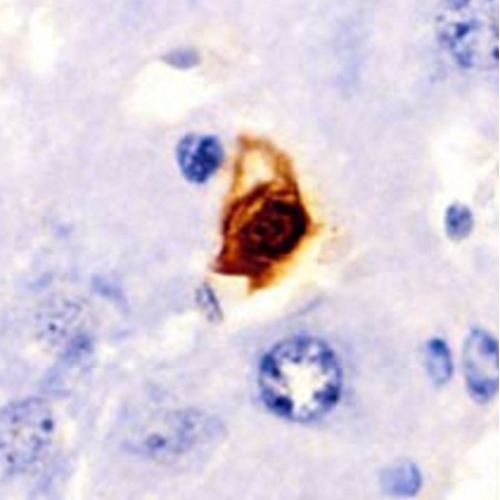Key points from article :
A recent study found that senolytics had different effects on male and female mice.
Researchers gave mice a cocktail of senolytics once per month, starting from 4-month young adulthood until 13 months of age.
Senolytic cocktail consisted of plant-derived flavonoids - either fisetin or a combination of dasatinib and quercetin.
In male mice, fisetin reduced expression of senescence markers and showed improvements in glucose metabolism, oxygen consumption and energy expenditure.
In female mice, dasatinib and quercetin increased the expression of senescence markers, led to weight gain and metabolism changes.
Fisetin treatment did not affect female mice, while dasatinib and quercetin had minimal effects on male mice.
Senolytics cannot be directly translated to humans, and more research is needed to assess their safety and efficacy in humans.
Study led by Erin Hascup from SIU School of Medicine, published in GeroScience.







